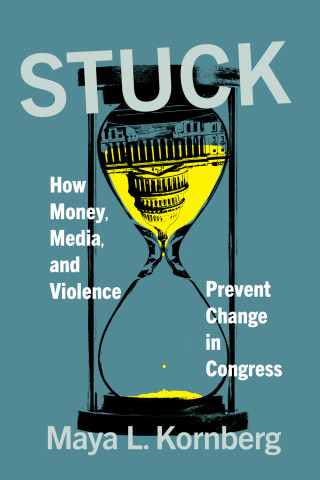
Reviews
Phantom Menace or Looming Danger? A New Framework for Assessing Bioweapons Threats should be in any political science and military collection and provides a powerful argument for a major shift in how bioweapons threats are assessed.
This is an engrossing book that exemplifies what STS can bring to broader issues of policymaking in the US and potentially beyond, and it is well worth reading.
Kathleen Vogel has authored one of the most important books written about biological weapons in recent years... Vogel tackles head-on the conventional wisdom regarding the biological weapon (BW) threat, successfully, challenging assumptions that have gone largely unexamined by the broader biodefense community... She also uncovers some deeper organizational and social forces that have shaped US intelligence and threat assessments since the end of international security, not just those with an interest in biodefense or intelligence. This, this book is a must-read for scholars and practitioners in the field of international security, not just those with an interest in biodefense or intelligence.
Intriguing, original, and deeply informed. Focusing on potential threats, Vogel shows in engaging historical detail that technical problems are inherently social. She has made an important scholarly contribution to science and technology studies and to studies of intelligence. At the same time, she speaks directly to the policy world. The combination of depth of scholarship and practical implication is remarkable.
Book Details
Acknowledgments
Part I: The Bioweapons Threat and Assessment Problem
1. Bioweapons and National Security
2. Technological Frames and Narratives in U.S. Bioweapons Assessments and Policymaking
Part II
Acknowledgments
Part I: The Bioweapons Threat and Assessment Problem
1. Bioweapons and National Security
2. Technological Frames and Narratives in U.S. Bioweapons Assessments and Policymaking
Part II: Science in a Social Context
Overview: The Biosocial Frame
3. Synthetic Genomic, the Biotech Revolution, and Bioterrorism
4. Societ Bioweapons Know-How and Proliferation Threats
Part III: Analytic Failures in Bioweapons Assessments
Overview: "Curveball" and the Iraqi Mobile Bioweapons Threat
5. Expertise and Analytic Practice
6. Current Intelligence Reporting and CIA Analytic Practice
7. Secrecy and the Production of the Iraqi Mobile Bioweapons Threat
Part IV: Alternative Analytic Solutions
8. A New Knowledge Model for Bioweapons Intelligence Assessments
Conclusion
Notes
Bibliography
Index





